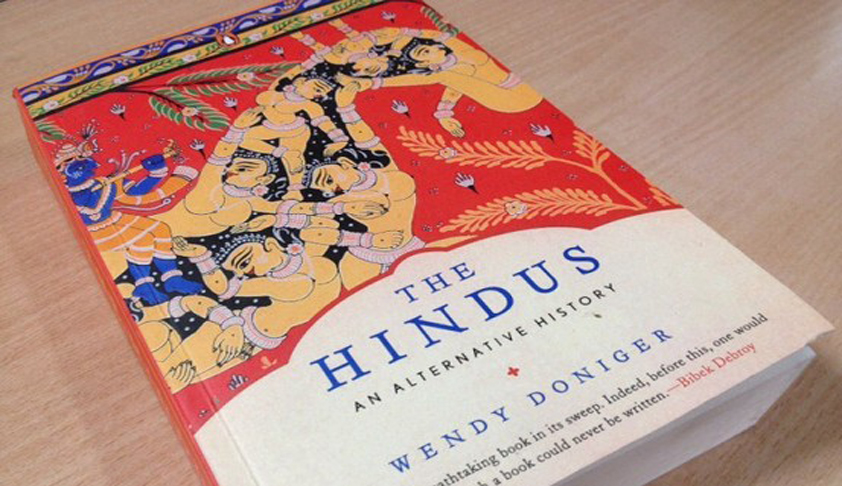Penguin accuses IPC for removing Wendy Doniger’s book The Hindus: An Alternative History
LIVELAW NEWS NETWORK
15 Feb 2014 9:15 AM IST

Next Story
15 Feb 2014 9:15 AM IST
Penguin Books India who is convinced over standing by its decision to publish American Indologist Wendy Doniger’s book The Hindus: An Alternative History and are upset with authors and the publishing fraternity for giving up easily in the legal battle, has maintained that the British-vintage Section 295A of the Indian Penal Code (IPC) made it very challenging for any Indian publisher to...
